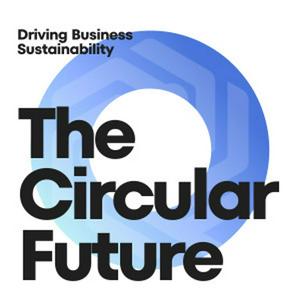46. The Future of the Circular Economy in Canada
Send us a textIn this episode of The Circular Future , host Stephanie McLarty, Head of Sustainability at Quantum Lifecycle Partners, sits down with two leading voices in the circular economy movement: Jo-Anne St. Godard, Executive Director of the Circular Innovation Council, and Paul Shorthouse, Managing Director of Circular Economy Leadership Canada (CELC). Together, they explore how a circular economy can address some of society’s most pressing challenges—beyond just resource efficiency and clean tech. From affordability and housing crises to climate change, the conversation dives into actionable strategies for businesses, governments, and individuals to transition toward a more sustainable future.The discussion also highlights key initiatives from both organizations, including their collaboration on the upcoming Canadian Circular Economy Summit in Montreal, where leaders from across industries will convene to share innovations, best practices, and actionable solutions. Key TakeawaysThe circular economy rethinks production, consumption, and resource management, offering solutions to affordability, housing, and climate crises.Collaboration across industries, governments, and communities is key to driving systemic change, as shown by the Canadian Circular Economy Summit.A circular economy creates economic opportunities, including jobs, innovation, and resilience, while addressing issues like affordability and housing.Practical projects, like reusable packaging and organics collection systems, prove circular systems work and scale for greater impact.Everyone has a role in the circular economy—start small at the summit, but commit to long-term action for lasting change.Thanks for listening! If you like our podcasts, please leave us a review on Spotify or Apple or wherever you get your podcasts from. Want to be a guest on The Circular Future podcast? Email Sanjay Trivedi at
[email protected] Listen on: https://quantumlifecycle.com/podcast Follow us on LinkedIn | Facebook

